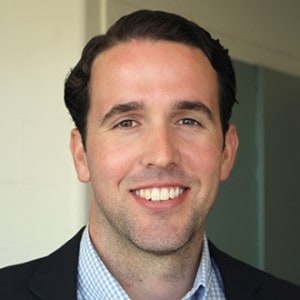The “power of empathy” generated by ONE Health, Regional One Health’s innovative complex care initiative, was featured on the cityCURRENT radio show in December.
Patrick Byrne, Regional One Health Foundation Development Director, and Megan Williams, ONE Health Project Manager, described how the initiative works with super-utilizers who make frequent emergency and inpatient visits, resulting in poor care and disproportionate costs.
“These are our patients that utilize the health system frequently for basic things,” Williams said – sometimes even more basic than healthcare. “Maybe they are cold and homeless and they need somewhere to go – and the lights are on and they’ll give them a sandwich.”
ONE Health digs deep into why a patient becomes a super-utilizer and intervenes by helping them access not only medical care but housing, job placement, transportation, etc. The initiative relies on Regional One Health providers as well as partners in the community:
“We can only build bigger and stronger together as a community instead of working in silos,” Williams said.
Asked what success looks like, she shared the story of a man with a genetic disorder that leaves him with no sense of balance, making him vulnerable to injuries from falls.
Williams was able to help him get a genetic test to formally diagnose the disorder, opening the door to Social Security income, free housing, food stamps, safe transportation and healthcare.
While it’s important to note ONE Health has touched over 100 patients and resulted in a $1.95 million benefit to the Regional One Health bottom line, Williams noted, “Success is not always just the numbers of the financial outcomes and the number of lives you touch, but how you touch them and how you impact them.”
She is excited to continue touching lives with kindness and healing, noting ONE Health is at capacity, but the need remains significant.
Byrne talked about its “transformative impact” in Memphis and said the Foundation continues working with generous donors to help more vulnerable residents.
He noted the Foundation has secured $1.5 million in funding for ONE Health so far and hopes to build to a total of $5.5 million to take on the caseload that has been identified. “If we want to go further faster, we can only do that with those funds.”



